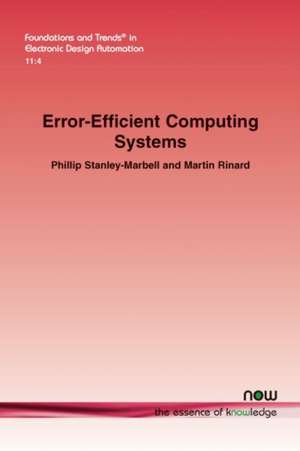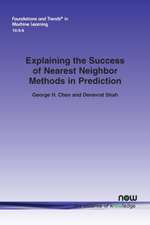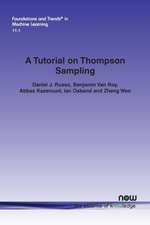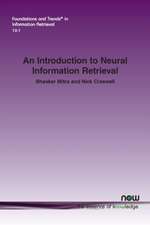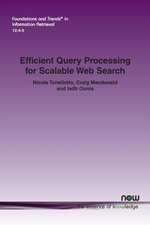Error-Efficient Computing Systems
Autor Phillip Stanley-Marbell, Martin Rinarden Limba Engleză Paperback – 18 dec 2017
Preț: 415.78 lei
Preț vechi: 519.73 lei
-20% Nou
Puncte Express: 624
Preț estimativ în valută:
79.58€ • 86.48$ • 66.89£
79.58€ • 86.48$ • 66.89£
Carte tipărită la comandă
Livrare economică 21 aprilie-05 mai
Preluare comenzi: 021 569.72.76
Specificații
ISBN-13: 9781680833584
ISBN-10: 1680833588
Pagini: 114
Dimensiuni: 156 x 234 x 6 mm
Greutate: 0.19 kg
Editura: Now Publishers Inc
ISBN-10: 1680833588
Pagini: 114
Dimensiuni: 156 x 234 x 6 mm
Greutate: 0.19 kg
Editura: Now Publishers Inc
Descriere
Error-Efficient Computing Systems explores techniques to make computing systems faster or more energy-efficient by allowing them to make controlled errors. It is intended for anyone interested in a holistic summary of the theory, practice, and history of making computing systems more efficient by trading errors for improved efficiency.
